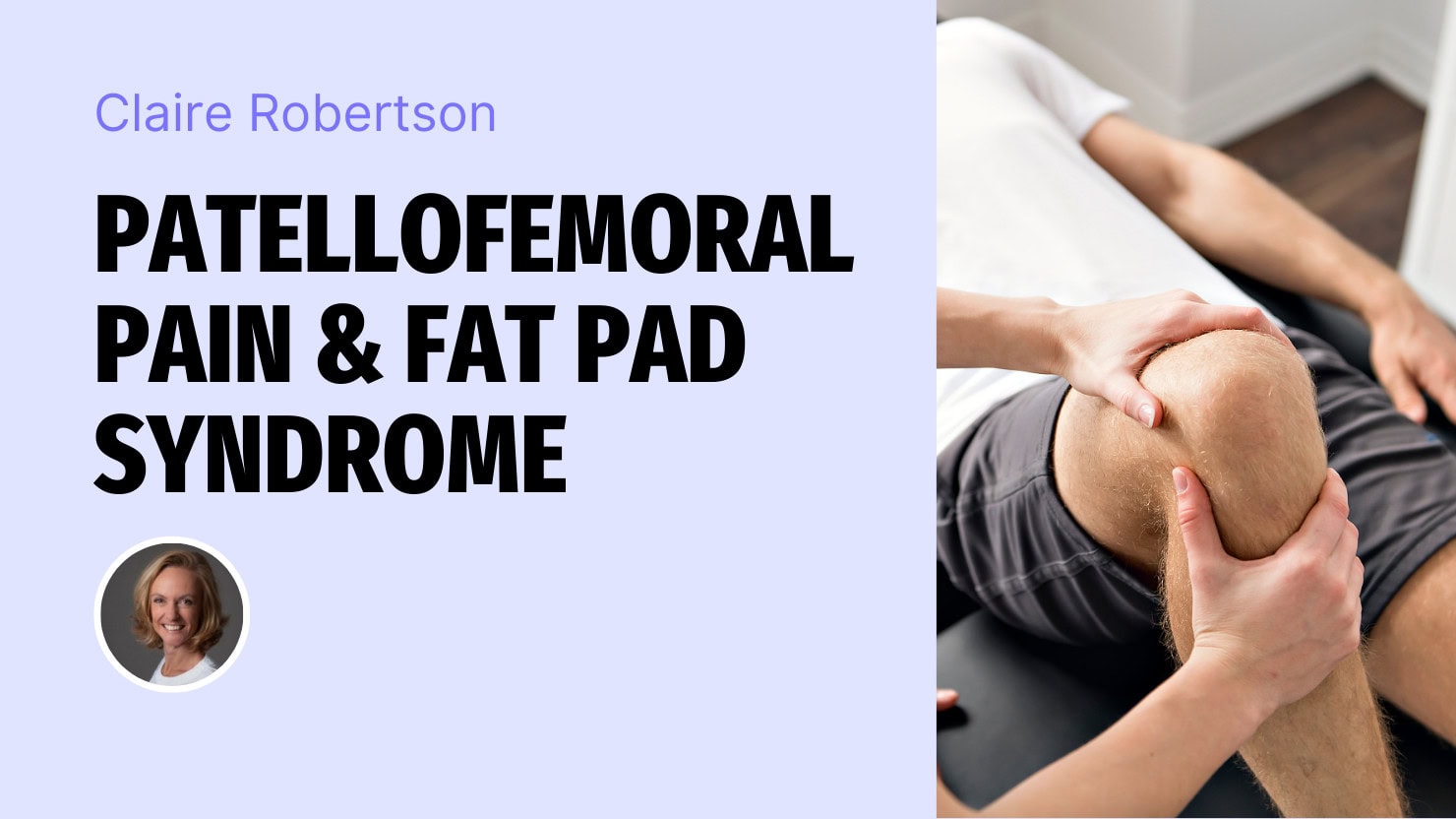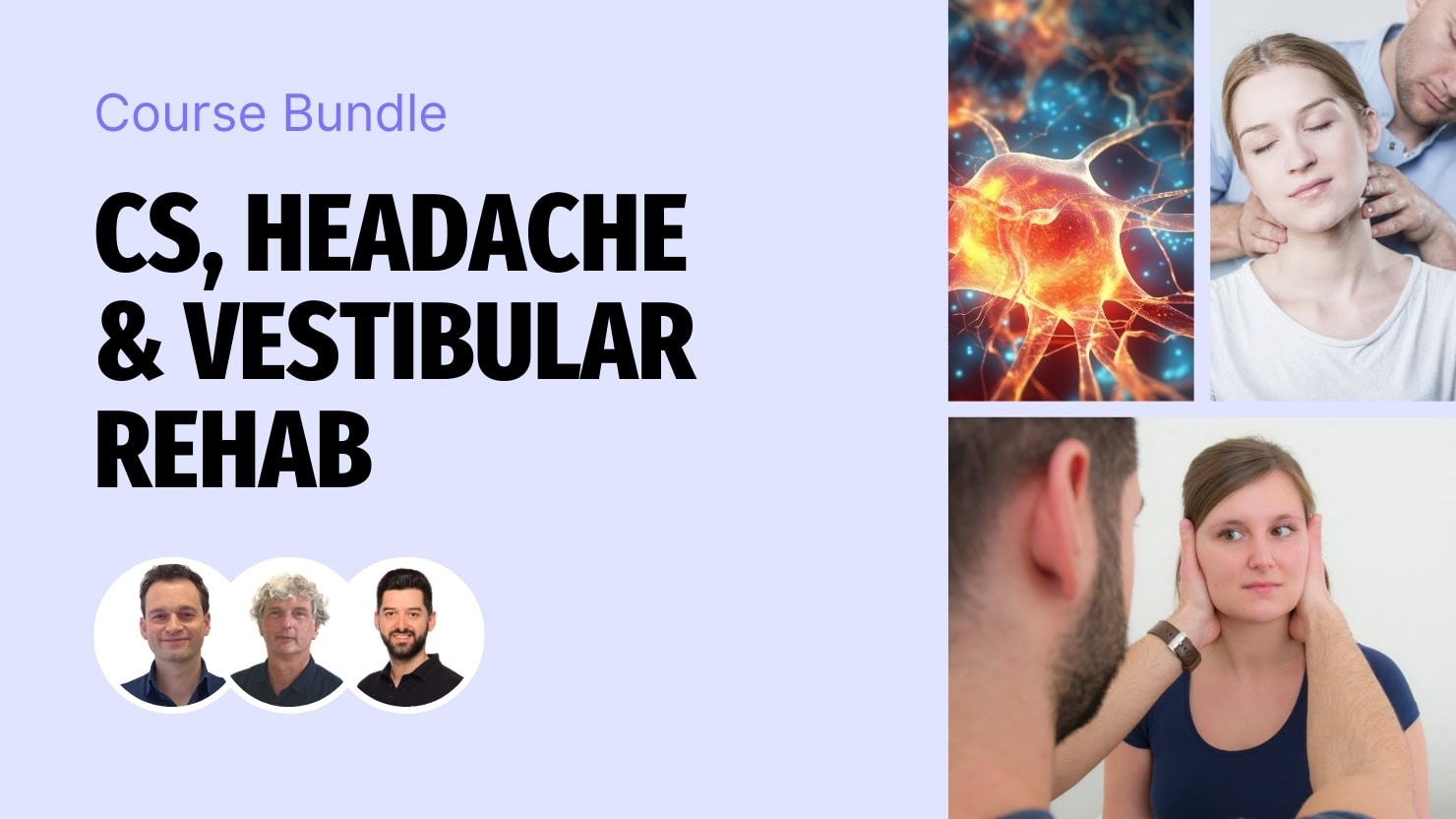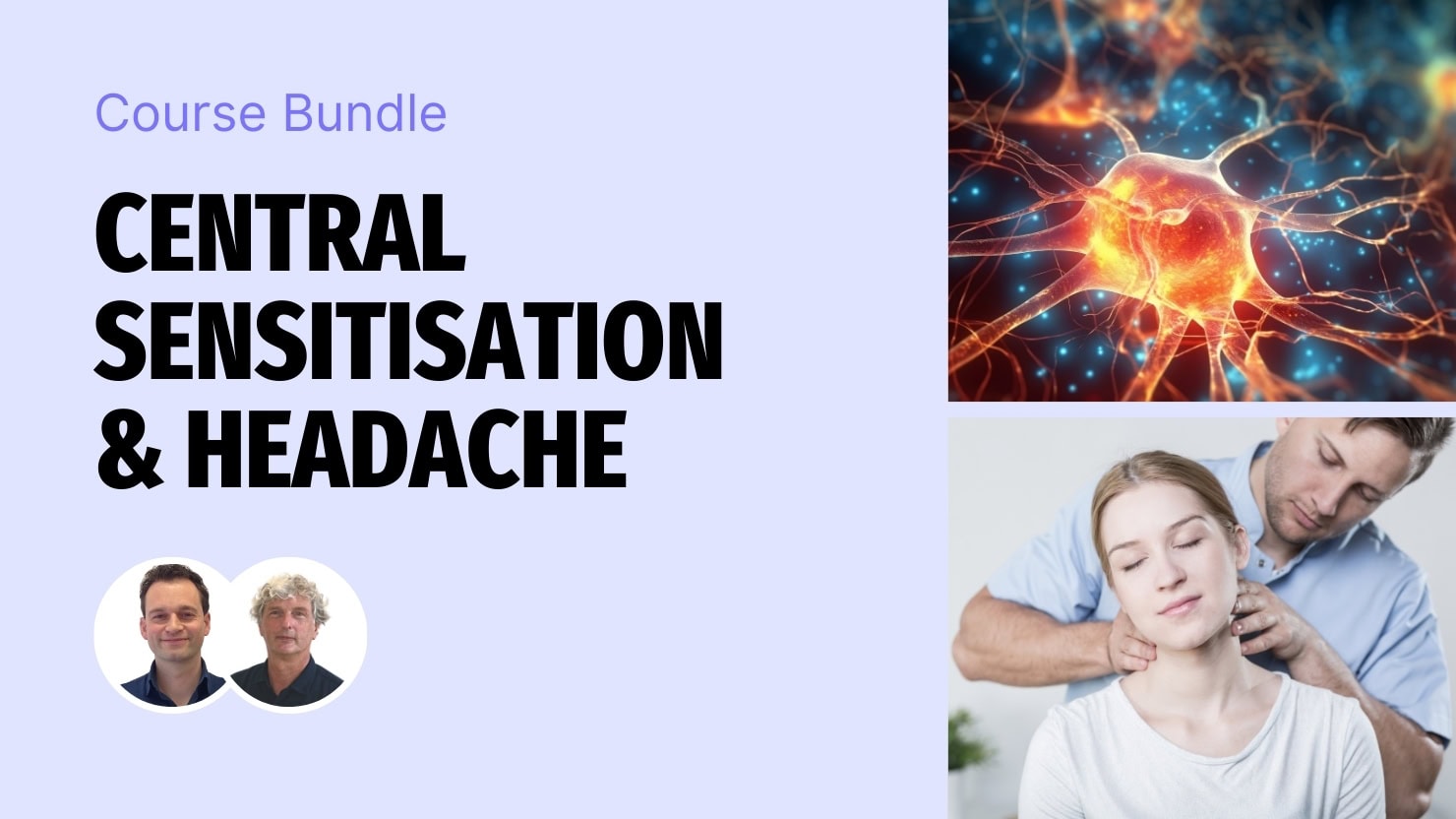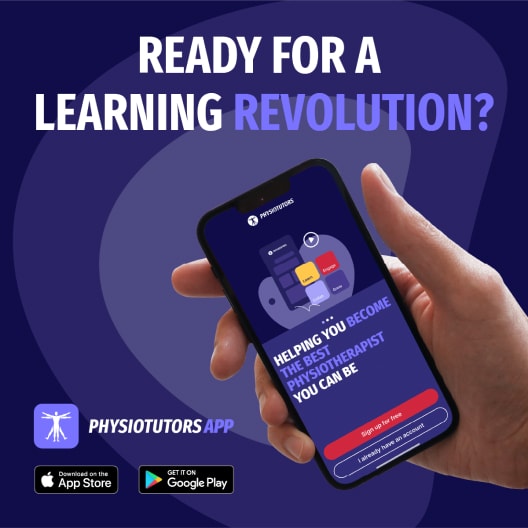Discovering Fascia
€ 329
- Unlimited access
- Course badge
- Course certificate
- Subtitles & page translations available in: 🇬🇧 🇳🇱 🇩🇪 🇫🇷 🇪🇸 🇮🇹 🇵🇹 🇧🇷 🇹🇷
Instructors

Karl Jacobs
Description
Discovering Fascia: Unveil the Science Behind the Fascial System
Fascia plays a crucial role in the structure and function of the musculoskeletal system, yet its complexity is often underappreciated. This course is designed to provide physiotherapists and healthcare professionals with an in-depth understanding of the fascial system’s anatomy, physiology, and clinical relevance. Whether you’re seeking to expand your foundational knowledge or enhance your clinical practice, this course offers a comprehensive exploration of fascia.
Course Overview
Through a detailed study of fascia, this course will guide you through its embryological, histological, and physiological properties. You’ll learn how the fascial system influences movement, stability, and recovery, and how to apply this knowledge to improve patient outcomes in practice.
What You Will Learn
- Comprehensive Understanding of Fascia: Gain a deep understanding of the fascial system, including its structure, function, and role in musculoskeletal health. You will explore the latest research on fascia and how it connects and supports muscles, bones, and organs.
- Fascia in Clinical Practice:Learn how to assess and treat conditions related to fascial dysfunction. You’ll discover techniques for addressing fascial restrictions and how to integrate these approaches into your treatment protocols.
- Embryological and Histological Perspectives: Explore the development and histological characteristics of fascia to understand its behavior in both normal and pathological states. This knowledge will enhance your ability to diagnose and treat fascial-related issues with greater precision.
- Fascia’s Role in Movement and Stability: Investigate how the fascial system contributes to movement patterns and structural stability. You’ll learn how dysfunction in this system can lead to pain and restricted movement and how to address these issues effectively.
Evidence-Based Approach
This course integrates the latest scientific research – You’ll finish the course with a solid understanding of how fascia influences health and rehabilitation, and how to apply this knowledge in clinical practice.
Interactive Learning and Practical Application:
- Video Demonstrations and Quizzes: Engage with high-quality video demonstrations of fascial dissections. Test your knowledge with quizzes designed to reinforce key concepts and help you apply what you’ve learned in real-world scenarios.
- Clinical Application: Learn practical examples of fascial dysfunction and treatment. These exercises will enhance your clinical decision-making and ensure you can implement fascial techniques confidently.
Why This Course Stands Out
- Expert Instructor: Learn from Karl Jacobs, an accredited anatomist with a special interest in fascia. Karl is currently a lecturer at the University of Amsterdam’s Department of Medical Biology and is a recognized authority in functional anatomy. With years of experience teaching and conducting research on the fascial system, Karl brings a wealth of knowledge to this course, helping you understand fascia from both a scientific and clinical perspective.
- Cutting-Edge Content: Stay up-to-date with the latest research and innovations in fascial studies. This course delivers the most current insights on fascia, ensuring your practice remains at the forefront of musculoskeletal health.
- Practical, Evidence-Based Techniques: This course emphasizes practical application, teaching you how to translate theory into effective treatment strategies. With a focus on evidence-based approaches, you’ll be equipped to enhance patient outcomes through advanced fascia therapy.
Outcome
By the end of this course, you will have an in-depth understanding of the fascial system and its clinical relevance. You’ll be able to apply your newfound knowledge to assess and treat fascia-related conditions, improving your patients’ overall movement, stability, and recovery.
Course news
The re-accreditation of this course in the Netherlands is complete. You can read more about accreditation of this course below.








